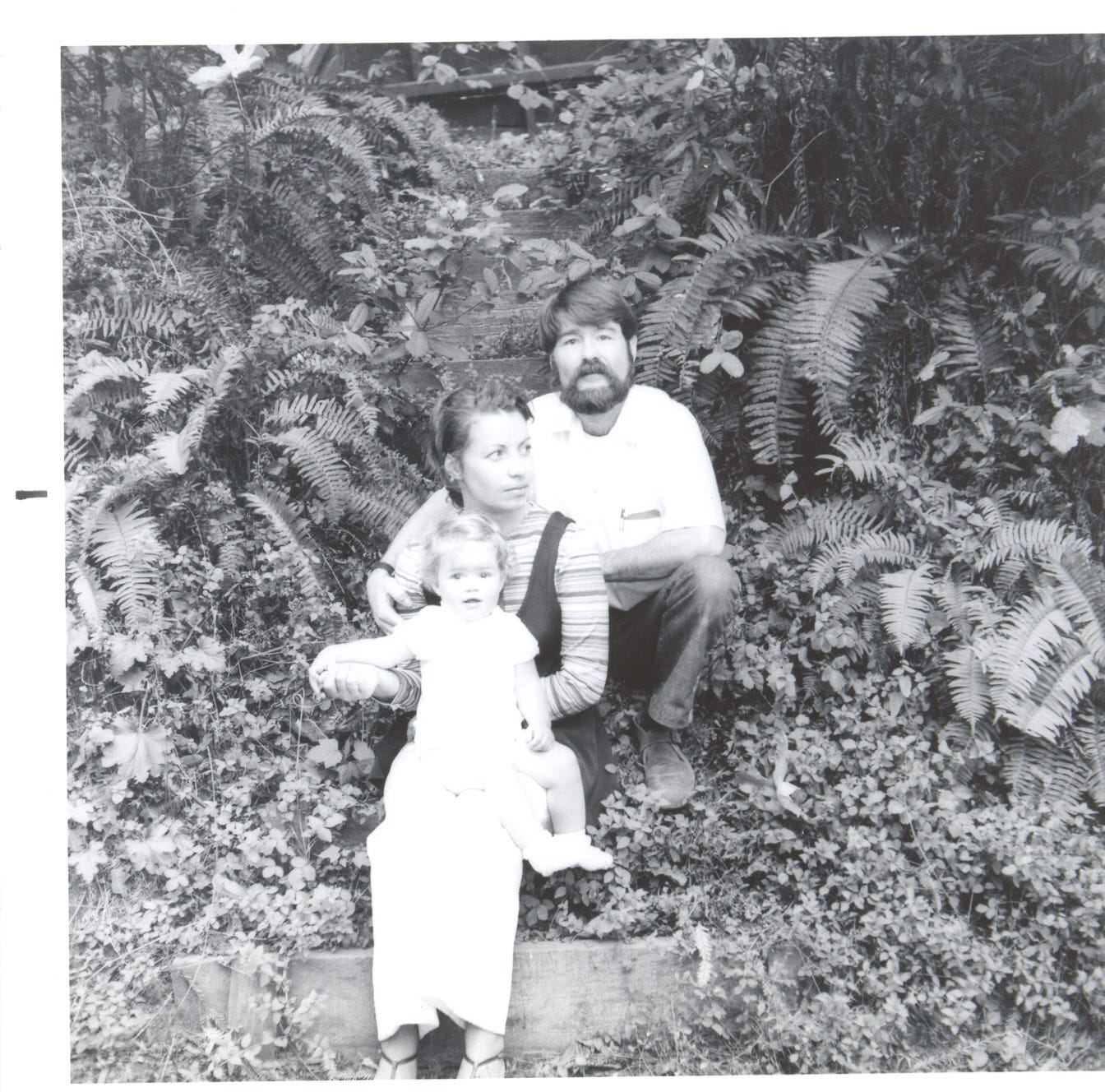The Thing About Grief
And other cheery misconceptions
Hello again! Before we dive into the hilarious and universal topic of grief, I just wanted to let you know that I am writing 100-word stories on Instagram every day till June, as part of the 100 Day Project. If you want to follow along, I’m at @andreacneil.
Ready to jump into a fun topic? LET’S GO
Grief n stuff
The other day, Marcus got a text from one of our neighbors (he’s in my phone as “Two Doors Down Tommy”), informing us that one of the other neighbors across the street passed away the day before. My mind went where most anyone’s probably would: oh, that is too bad.
I rarely talk to my neighbors because it takes too much energy (I let Marcus be the social one, which isn’t saying much, lol). But I look out my windows, complain about the kids across the street, and watch to see who’s home—the usual. I’m home about 99% of the time, so yeah, I’m gonna look around. Anyway, I know that the man who passed away left behind a wife, and I think a daughter who left home a few years back but has been visiting her mom recently.
I thought about the man’s wife, and ended up where most people would probably end up: oh, she must be sad that she’s all alone now. I feel bad for her. But then on a walk the other day I passed her house and thought, what if the guy was a real jerk and what if she’s happy now that he’s gone?
It’s really easy to make assumptions about grief. Dying is sad, we miss the departed, we wish they were still around to offer advice or to borrow money from. But … what if it’s not like that?
I’ve now lost both of my parents, most recently my dad last fall. Each death experience is unique. The end game is always the same, sure. And in the case of my parents, there were similarities in how everything happened. But I think how we feel about it all, has a great deal to do with our relationship with the person who is gone. For reasons that are my own, I happen to have mixed feelings about both events.
A lot of people reached out to me after each of them passed away. Which is nice—it’s nice to know that people are thinking of us after something like that happens. It can be awkward to reach out to someone who has lost a loved one. I was so bad at it before I experienced it myself that sometimes I didn’t do it, which I regret, but I didn’t know how. It took going through it to appreciate being on the receiving end, and to appreciate how hard it can be to do the reaching out.
A few times people have told me they know what I’m going through. Or they tell me that they know it’s hard. Sometimes they just tell me about their own experiences, perhaps using the opportunity to release some feelings they haven’t yet processed themselves. Sometimes all of this rubs me the wrong way.
How can anyone know what I’m going through? How can anyone possibly know what kinds of relationships I had with my parents and how I feel about their being gone? Maybe my reaction is all just a continuation of my Rebellious Teenage Years. Oh you think you know me, huh? I’ll show you! *Goes and gets a new pair of Doc Martens and “hangs out” with the 19-year-old bad boy living in the apartment downstairs*
Ironically, I don’t think I really understood how different people’s perspectives could be until I was diagnosed as being on the spectrum. Sure, intellectually I got it. But I did not understand it. (Did I not understand because I’m an aspie? I could get stuck in a really confusing brain traffic circle right now). But whether we’re talking about grief, or life choices, or literally anything, no one can say what anyone else is feeling.
The other end of the spectrum (so to speak) is being a snowflake. Am I being snowflaky here? I don’t think so. It’s not my intention, anyway. I’ll be the first to agree that we’re about ten minutes away from political-correcting ourselves into oblivion.
This was all just the long way of saying I have no idea how the woman across the street is feeling right now.
Thanks for reading!
The Thing About That Thing is totally free, but support from monthly/annual subscribers go a long way in making this a sustainable effort. For a lot less than a tank of gas, you too could have the personal satisfaction of contributing to the arts. (Don’t want to commit to monthly or annually support? Contact me about sponsoring a post.)



Great read. You are right, unless we know someone really well, we don’t know how they feel about a loss.